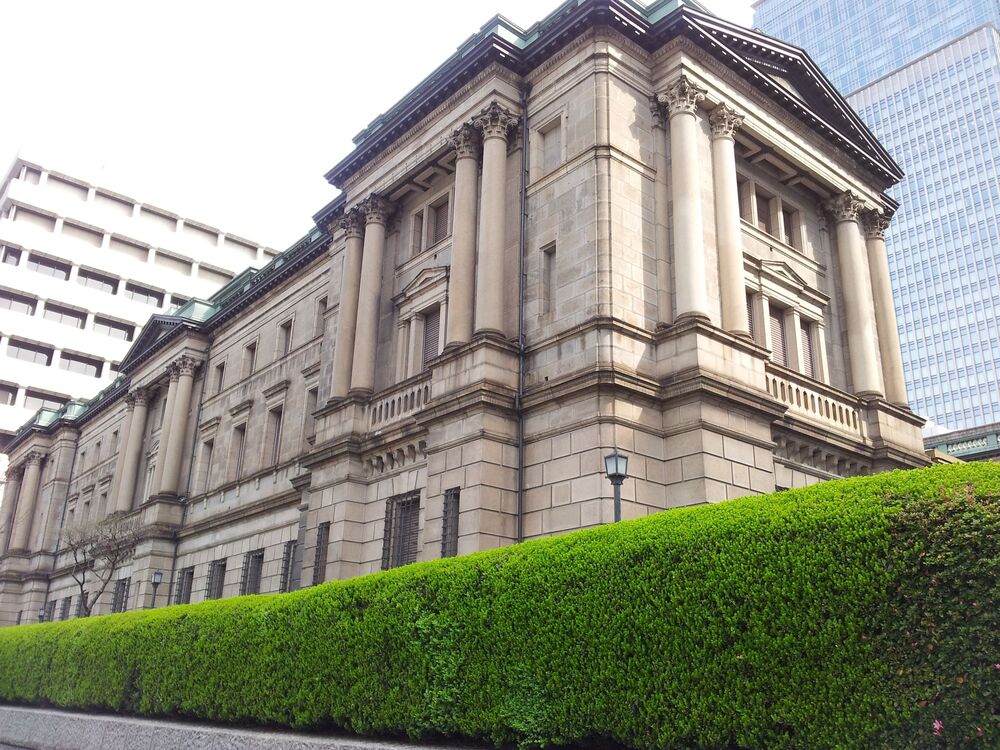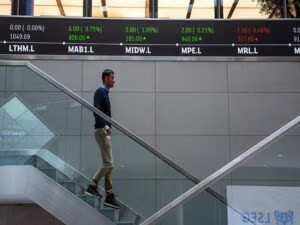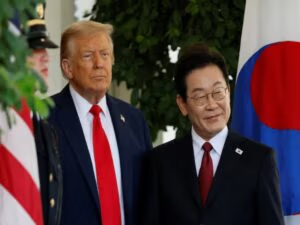The Japanese government has revised down its outlook for corporate earnings, citing stagnation linked to higher U.S. tariffs on automakers and other manufacturers.
In its August monthly economic report, the Cabinet Office nonetheless maintained its overall view that the domestic economy is “recovering at a moderate pace,” driven by strong corporate investment, particularly in digitalisation among non-manufacturing sectors.
“The effects stemming from U.S. trade policies are becoming evident in certain areas,” the office noted, lowering its earnings evaluation for the first time in eight months. It added that the potential impact on investment and employment would require close monitoring.
The previous month’s report had said profits were improving, though it warned of risks from trade frictions.
Japan in late July accepted a 15 percent U.S. tariff on cars and other imports, after failing to secure an exemption from tariff stacking. The reciprocal tariffs took effect on August 7. Washington later admitted that a related executive order was erroneous and pledged to refund excess duties collected.
Under the agreement, U.S. tariffs on Japanese cars and auto parts are to be reduced from the current 27.5 percent to 15 percent, though the timing of the adjustment remains uncertain.
The Cabinet Office left its assessment of exports unchanged at “almost flat,” and maintained its view on private consumption, which makes up more than half of Japan’s economy, while noting that improvements in consumer sentiment remain sluggish.
Meanwhile, the report upgraded its outlook for public investment but downgraded housing construction.
(Inputs from WAM)





